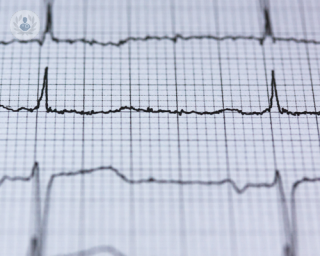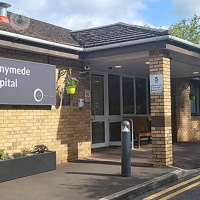Paro cardíaco
What is cardiac arrest?
Cardiac arrest is when the heart suddenly stops beating. This means that blood is no longer being pumped around the body, which prevents oxygen from reaching the brain. Cardiac arrest is very serious and if the heart is not restarted promptly, it quickly results in the death of the individual.
Prognosis of cardiac arrest
Cardiac arrest means that the heart is no longer pumping blood around the body. The blood carries oxygen needed to keep the body’s tissues alive. Without the heart beating, oxygen cannot reach the brain, causing the individual to lose consciousness, stop breathing, and subsequently die.
Symptoms of cardiac arrest
Cardiac arrests usually occur suddenly, without prior symptoms. Some people may exhibit signs of cardiac distress, such as chest pain, nausea, and shortness of breath beforehand. The key signs of cardiac arrest are loss of consciousness and abnormal or lack of breathing.
What are the causes of cardiac arrest?
Cardiac arrest may be caused by one or more of the following:
- Heart attack
- Heart failure
- Coronary artery disease (CAD)
- Major blood loss
- Long QT syndrome
- Cardiomyopathy
- Heart valve disease
- Drug overdose
- Electrocution
Can cardiac arrest be prevented?
The risk of suffering cardiac arrest can be reduced by avoiding drugs and tobacco, moderating alcohol consumption, and generally looking after yourself. A healthy lifestyle with plenty of exercise, a balanced diet, and maintaining a healthy weight can all go a long way to preventing heart attacks and heart diseases, which can lead to cardiac arrest.
Which type of specialist treats cardiac arrest?
Cardiac arrests are typically treated by paramedics or civilians performing first aid. Paramedics may use a defibrillator to restore the heartbeat. However, after suffering a cardiac arrest, the patient will likely be seen by a cardiologist, who will diagnose the cause and may recommend a course of treatment to prevent further incidents.






